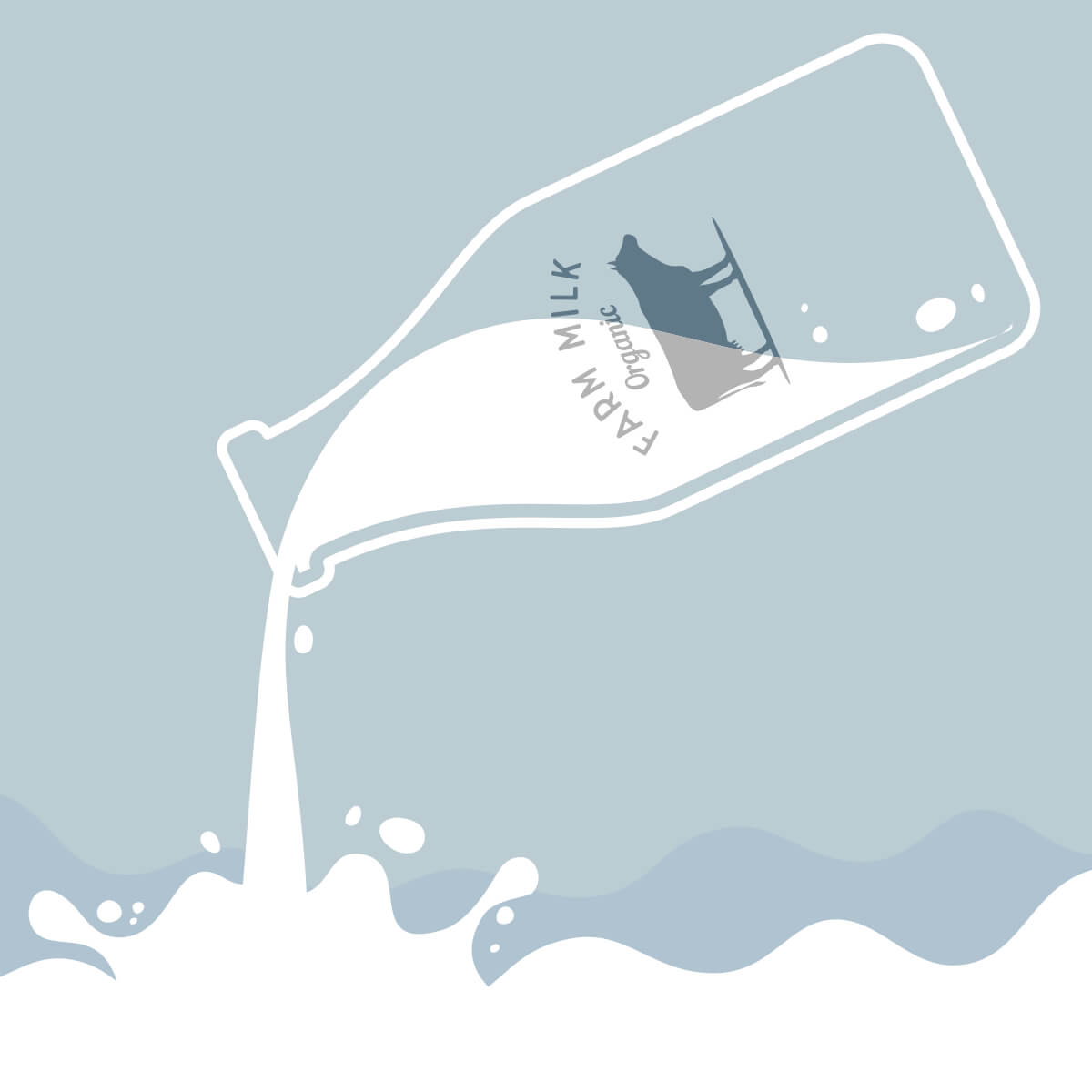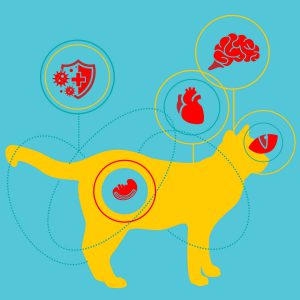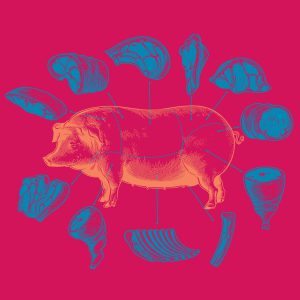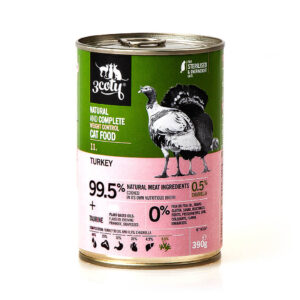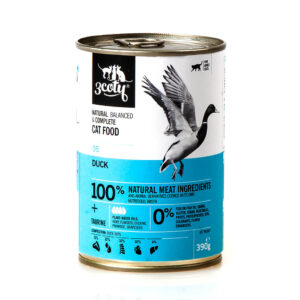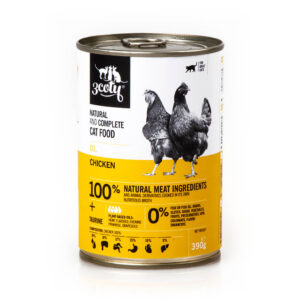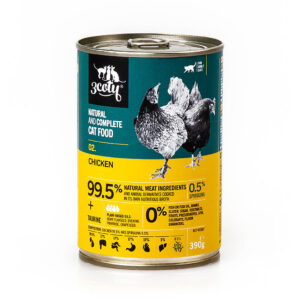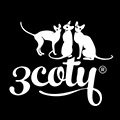Is cow’s milk really the best choice for cats?
There is a common belief that cow’s milk is the best milk for cats. If we see a homeless cat somewhere in our city or village the first thing that we think of is to give them cow’s milk. You can see TV spots or ads in which cats enjoy a bowl of milk, although usually not adverts aimed at cat owners.
So, the question is – is milk, especially the most popular, cow’s milk, really the best choice for a hungry cat?
What is milk?
A simple definition of milk explains it to be “a nutrient-rich liquid food produced by the mammary glands of mammals. It is the primary source of nutrition for young mammals before they are able to digest solid food.”
Is cow’s milk good for cats?
The answer is quite simple and straightforward – it is NOT! Cats definitely do not need milk, especially not cow’s milk, to be healthy. Actually, cow’s milk can cause more harm to your cat than good. Only because some cats might like its taste and they drink it, does not mean it is contributing to their health
As the definition of milk above states, its purpose is to provide nutrients to young animals before they can digest solid food. Once a kitten has been weaned from its own mother’s milk, it can digest solid food. And should do so. Cats need a healthy, natural, balanced and meat-based diet. This will give them everything they need. The only thing to add is a bowl of fresh water.
Why is cow’s milk not good for cats?
Of course just saying no, “Cow’s milk is bad for cats” is not enough. We at 3coty® want to share our understanding of feline health with you, our readers, so we want to answer the question “Why is milk bad for cats?” as well.
Put simply, most cats are lactose intolerant. And there is plenty of lactose in cow’s milk. Lactose is a milk sugar, a key calorie carrier for a growing animal baby. To be precise it is a disaccharide, which means it consists of two sugar components – glucose and galactose. Anyone wanting to digest lactose requires an enzyme called lactase. In the human body, lactose is usually hydrolyzed, which means the chain connecting the glucose and galactose is broken by the lactase enzyme in the small intestine. We say usually because some humans are lactose intolerant too. Cats, however, have no lactase so they cannot break the disaccharide into its individual components and digest it. This undigested lactose can make cats vomit and give them diarrhoea and stomach pain. The reaction is like that of humans with lactose intolerance.
Cow’s milk also contains a lot of fat, even the low-fat versions have more fat than water. So if you give your cat a normal, daily diet of cat food and add a bowl of milk on top, then the likelihood of gaining weight increases and a journey towards obesity can start.
Many of our readers know our origins in allergic Cookie and that we have worked with many owners of cats with allergies, so you may think that our recommendation comes from our work on allergies. However, feline allergies to cow’s milk are rarely reported, the symptoms after consuming cow’s milk mimic those in humans unable to digest lactose, the previously mentioned diarrhoea, gas and bloating after eating or drinking dairy products. Lactose intolerance is therefore the more likely cause than an overactive immune system reacting to an allergen.
How about goat’s milk or sheep’s milk?
Like cow’s milk, these liquids have evolved to feed goat kids and lambs, not cats. Lactose remains the main carbohydrate of all species of milk, however, its content in goat’s milk is lower than in other milk. This reduces the amount of lactose consumed per 100ml and hence may not result in such a strong reaction to the indigestibility of its lactose content. Goat’s milk is rich in oligosaccharides, which do not require the lactase enzyme for digestion. Instead, they feed and support the growth of beneficial bacteria so quite often they are considered as prebiotics. Goat’s milk also has a small fat globule size and high short- and medium-chain fatty acids content and high amounts of vitamin A. Some senior cats can benefit from goat’s milk being added to their solid food diet. Overall, goat’s milk is a healthier milk replacer for cats that has more nutrients and is easier to digest than cow’s milk, but it’s not perfect pet food, and it can’t replace the other food you feed your cat.
The right choice
So to make it short, a bowl filled with water is enough for your cat and they do not need to drink milk. It is highly likely to cause problems and doesn’t add anything beneficial to your cat. A complete, balanced, and natural wet meal, like any of 3coty®’s flavours, is enough to keep your cat healthy and in good condition.
Aim for a meat-based diet, rather than experimenting with milk for cats 🙂
